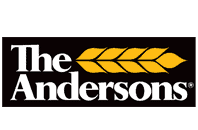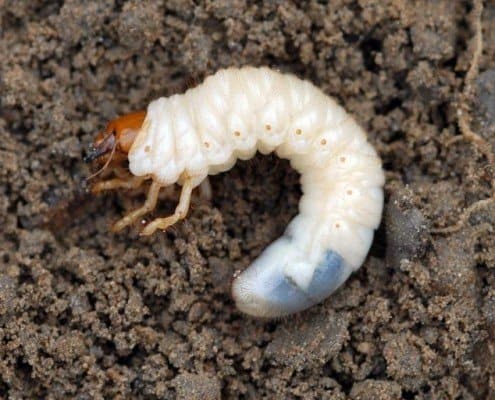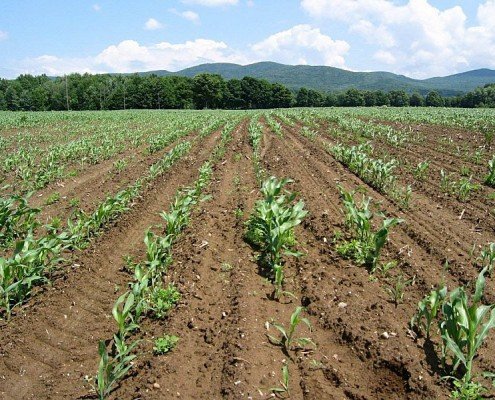2017 Neonic Planting Regulations
Thompsons is here to help you make your 2017 seed decisions. Our staff is trained and educated on the Neonic regulations for the 2017 growing season. Below you will find a quick summary on what’s required.
Fall 2016 and spring 2017 seed purchasing
The Ontario government is into their second year of regulations. They are looking to reduce neonic treated acres in Ontario in both corn and soybeans. Neonics are considered a class 12 pesticide which includes seed treated with Imidacloprid, Clothianidin and Thiamethoxam. With that, new regulations have been put in place.
Farmer requirements regarding purchasing seed for the 2017 growing season:
- If you are a farmer and do not want neonic treated seeds you do not have to fill out the forms. You can purchase non-neonic treated seed and plant without any paperwork.
- If you are a farmer and want to purchase neonic treated seeds you must:
- Complete an Integrated Pest Management Course (IPM)
- Conduct Pest Assessments which consists of either a soil inspection pest assessment or a crop inspection pest assessment. The documents must be filled out in entirety. And given to your seed dealer before you will receive the seed.
- If you complete a soil inspection pest assessment, it must be completed and signed by either a grower that has taken IPM training or a professional pest advisor (For 2017 this can be a person who is considered to be a Certified Crop Advisor)
- If you complete a crop inspection pest assessment it must be done by a professional pest advisor.
- The grower must also sign an IPM Written Declaration Form. This form basically states that you have considered all IPM principles when conducting your soil or crop inspection reports.
- Beginning on August 31, 2017, the soil assessment report will need to be completed by a Professional Pest Advisor. Ontario has been broken down into different geographic locations so not everyone will have to have this the first year. By 2019 everyone in Ontario will have to comply with this. The different territories are spit into 3 categories;
- Schedule 1 (Professional Pest Advisor after August 31,2017) Dufferin, Frontenac, Halton, Lambton, Middlesex, Muskoka, Prince Edward, Stormont, Dundas, Glengarry, Toronto, and Wellington
- Schedule 2 (Professional Pest Advisor after 2018) Bruce, Elgin, Grey, Haldimand, Hamilton, Huron, Nippising, Norfolk, Ottawa, Oxford, Peel, Sudbury, and Waterloo.
- Schedule 3 (Professional Pest Advisor after 2019) Algoma, Brant, Chatham-Kent, Cochrane, Durham, Essex, Haliburton, Hastings, Kawartha Lakes, Kenora, Lanark, Leeds, Grenville, Lennox, Addington, Manitoulin, Niagara, Northumberland, Parry Sound, Perth, Peterborough, Prescott, Russell, Rainy River, Renfrew, Simcoe, Thunder Bay, Timiskaming, and York.
Resource downloads:
To open the following forms, please right-click and select “Save link as”, or “Save target as” to save the file. The files should be downloaded then opened with Adobe Reader.
More information on pest assessment and scouting.
Are you ready to become certified? Find a course.
Visit the Government of Ontario’s webpage about neonicotinoid regulations.
Proper handling of treated seed goes a long way.
For more information about bees and other Best Management Practices, visit www.beehealth.ca.
Video: Pest scouting for grubs
Tracey Baute, Field Crop Entomologist, Ontario Ministry of Agriculture, Food and Rural Affairs
Video: Pest scouting for wireworms
Tracey Baute, Field Crop Entomologist, Ontario Ministry of Agriculture, Food and Rural Affairs


